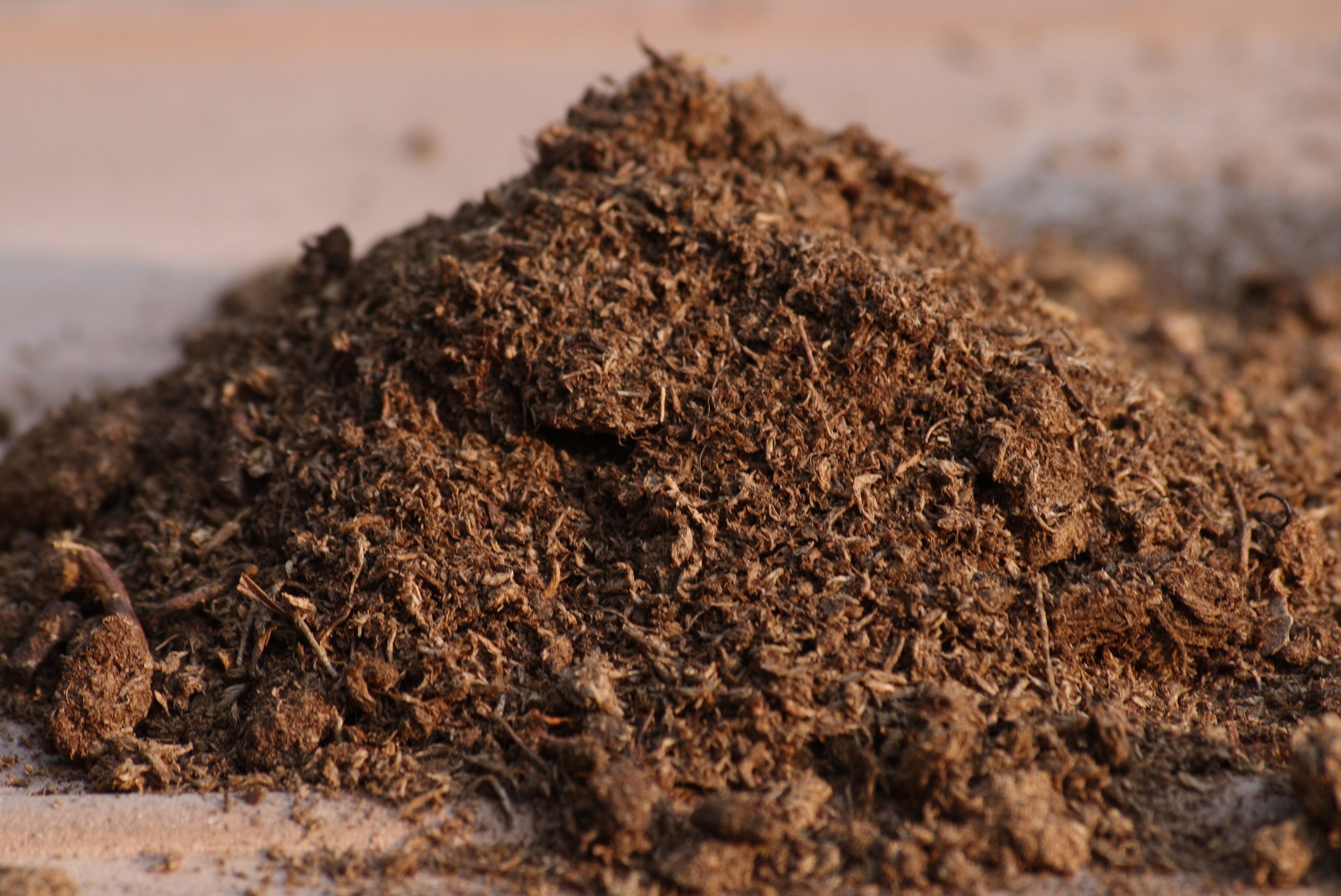What is peat moss?
Peat Moss, as used in gardening, is a fibrous, decomposed remains of these certain types of moss, which are found in very wet areas of the country. It is a highly prized natural plant food and can be used as a covering or mulch like substance for seeded areas.
Peat moss has many benefits to plants and especially, it’s very helpful to seed the cactus & succulent.
- improve compost
- improve compost
- condition the soil : Peat moss is ideal for improving the texture of the soil, and when added to garden soil it will stop nutrient runoff from occurring by holding water and nutrients in soil.
- Adding peat moss to clay soils can help break down clay by aerating it and applying peat moss to sandy soils will help bind it and retain nutrients rather than leach them.
I was told by a cactus experts that he used the peat moss and pumice (volcanic rock) when he seed the cactus. That would increase the survival rate of the baby cactus. But the peat moss would be dry quickly so you should often water the cactus with peat moss.
By the way, coconut fibre can uses as a valid substitute for peat moss. It has many of the same qualities inherent in the moss yet is more environmentally friendly. Coconut fibre is sourced from the husk fibres of coconuts and has given some hope for normally what is seen as a waste product.
I cover the top of soil of the flower and the vegetable with the coconut fibre as it can keep moisture in the soil. But for the cactus & succulent, coconut fibre is not the good choice because coconut fibre holds water in the pot and that can cause the plants being rotten.
Where to find peat moss?
In local farm supply, outdoor or gardening section of most department stores.

